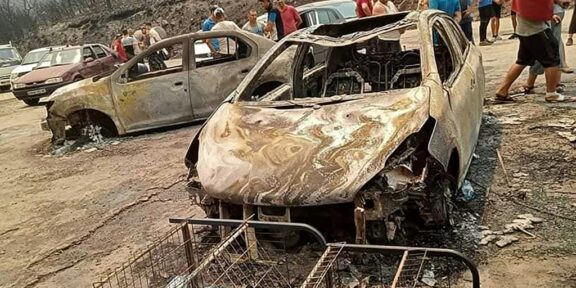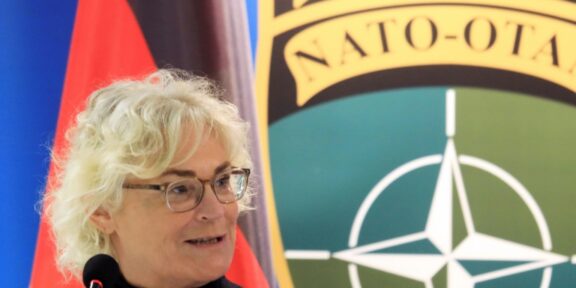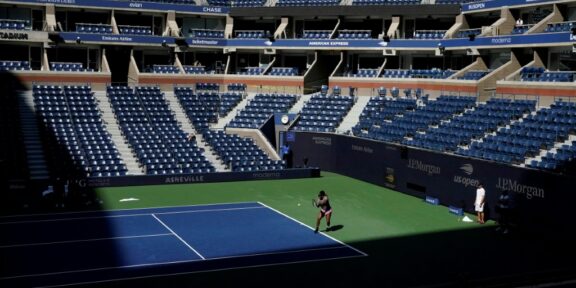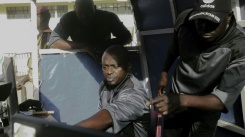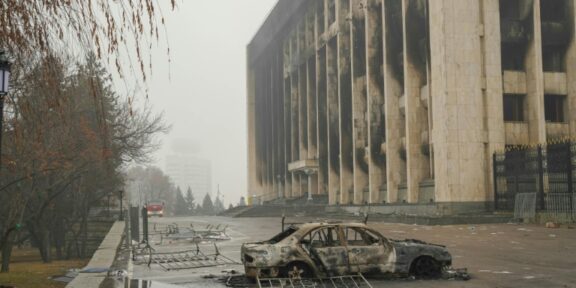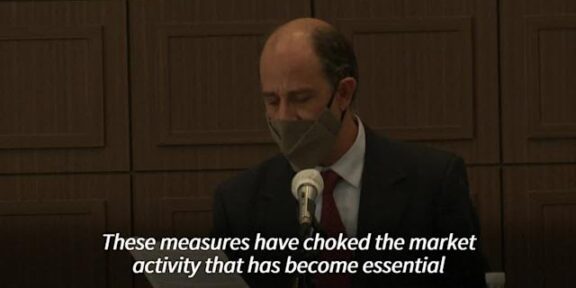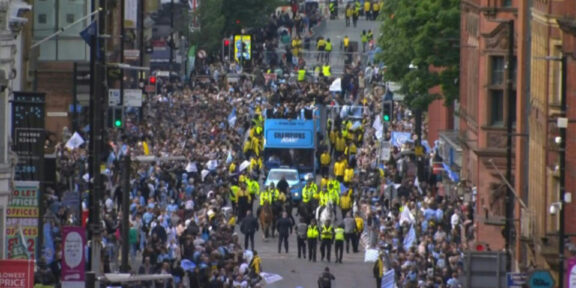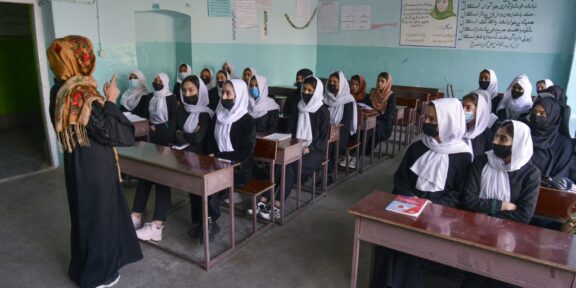Doubts were growing on Monday about a plan for a Gaza ceasefire and hostage release deal outlined by US President Joe Biden, as heavy fighting raged for a third day since his White House address.Biden on Friday presented what he labelled an Israeli three-phase plan that would end the bloody conflict, free all hostages and lead to the reconstruction of the devastated Palestinian territory without Hamas in power.However, Israeli Prime Minister Benjamin Netanyahu’s office quickly stressed that Israel would push on with the war sparked by the October 7 attack until all of its “goals are achieved”, including the destruction of Hamas’s military and governing capabilities.Israeli media have questioned to what extent Biden’s speech and some crucial details were coordinated with Netanyahu’s team, including how long any truce would hold and how many captives would be freed and when.Hamas on Friday said it viewed Biden’s outline “positively”, but has since made no official comment on the stalled negotiations, while mediators Qatar, Egypt and the United States have not announced any new round of talks.Foreign ministers from Saudi Arabia, the United Arab Emirates, Qatar, Jordan and Egypt issued a joint statement Monday backing the latest diplomatic effort.They “emphasised the importance of dealing seriously and positively with the US president’s proposal” which could produce “a permanent ceasefire… and an end to the suffering of the people of the Gaza Strip”, the statement said.It also urged an end to “the aggression on Gaza and… the humanitarian catastrophe it is causing”.Israeli government spokesman David Mencer quoted Netanyahu as saying that the outline Biden presented was only “partial” and that under the plan fighting would only stop temporarily “for the purpose of returning the hostages”.US National Security Advisor Jake Sullivan said Monday the White House has “seen again over the weekend from Israel a willingness to step forward and do a deal”.But the bombardment and ground combat showed no sign of easing in the Gaza war, soon to enter its ninth month, that has devastated the coastal territory of 2.4 million people.- Heavy fighting -On Monday the Israeli military said that over the past day its forces had struck “over 50 targets”, and Gaza hospitals reported at least 19 fatalities in overnight strikes.The war was sparked by Hamas’s October 7 attack, which resulted in the deaths of 1,190 people, mostly civilians, according to an AFP tally based on Israeli official figures.Militants also took about 250 hostages, 120 of whom remain in Gaza, including at least 37 the army says are dead.Israel’s retaliatory bombardment and ground offensive have killed at least 36,479 people in Gaza, also mostly civilians, according to data provided by the Hamas-run territory’s health ministry.Some 55 percent of all structures in the Gaza Strip have been destroyed, damaged or “possibly damaged” since the war erupted, according to the United Nations satellite analysis agency.Heavy fighting has raged, especially in Gaza’s far-southern Rafah area near the Egyptian border where most civilians have now been displaced once more, according to UN agencies.Israel’s military said troops were carrying out “targeted operations in the Rafah area”, where witnesses reported air strikes and shelling, mainly in the Tal al-Sultan neighbourhood.Gaza’s European hospital said 10 people were killed in an Israeli air strike on a house near the main southern city of Khan Yunis. And six people were reported killed in a strike on a family home in the central Bureij refugee camp, according to the Al-Aqsa Martyrs hospital.- Political pressure -Netanyahu, a hawkish veteran leading a fragile hard-right coalition government, is under intense domestic pressure from multiple sides.Relatives and supporters of hostages have staged mass protests demanding that he strike a truce deal — but the premier’s far-right coalition allies are threatening to bring down the government if he does.On Monday an Israeli kibbutz community confirmed the death of Israeli-British hostage Nadav Popplewell, after Hamas’s armed wing last month said he had died of wounds sustained during an Israeli strike.In a video message earlier Monday, Netanyahu insisted Israel would achieve “both tasks” in its war: “the elimination of Hamas” and the return of the captives.According to Biden, Israel’s three-stage offer would begin with a six-week phase that would see Israeli forces withdraw from all populated areas of Gaza and an initial hostage-prisoner exchange.Both sides would then negotiate for a lasting ceasefire, with the truce to continue as long as talks are ongoing, Biden said.UN and other aid agencies have warned for months of the looming risk of famine in the besieged territory amid a spiralling humanitarian crisis.In Khan Yunis, displaced Gazans had to use empty plastic bottles to try to remove sewage from their tents after a pipeline burst.”All the tents were flooded with sewage water. This is no life,” said Abdullah Barbakh.Khan Yunis was a focus of the fighting in the early months of the war. Now, about 1.7 million people are sheltering in the city and in central areas of the Gaza Strip, according to UN figures.burs-jd/ami/srm
Doubts grow over Gaza truce plan as Israel-Hamas battles rage
Post navigation
Posted in:
More Articles
By the same author
Warning: Attempt to read property "ID" on bool in /home2/yeswecan/public_html/wp-content/themes/reendex/inc/reendex-author-related-posts.php on line 35

